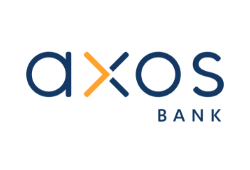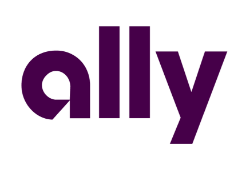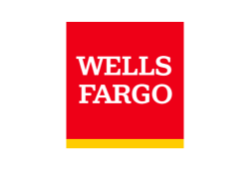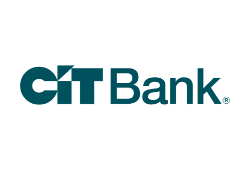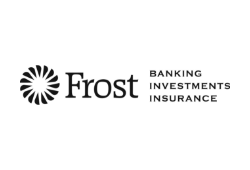Best Banks in Texas
We looked into financial products, fees, and interest rates across Texas to create the list of the best financial institutions for you.
Our list includes large financial institutions, local banks, banks that provide online-only banking services, as well as those with physical branches in Texas.
Best Banks in Texas for February 2026
Axos Bank
- Earn 3.30% APY with the Rewards Checking Account; simple 3-step process for direct deposit
- $50 to open a Rewards Checking Account, no monthly mainteinance fees
- Online debit card management
- Get a 1% cashback reward bonus on purchases
- No monthly balance requirements for some checking accounts
- QuickBooks Integration
Ally Bank
- Overdraft protection policy
- Get up to $10 in reimbursement for not-in-network ATM fees
- Organize your savings with online savings tools
Wells Fargo
- Fee-free access to over 12,000 ATMs
- Deposit $25 to open a checking account
- Earn a $200 cash rewards bonus if you spend $1,000 with Wells Fargo Active Cash Card
CIT Bank
- Earn above-average interest on savings and money market accounts
- Get a free debit card with an EMV chip
- Deposit checks online with a mobile app
Frost Bank
- Fee-free overdraft protection program for up to $100
- Receive direct deposits 48 hours earlier
- Access to over 1,300 ATMs
First National Bank Texas
- Access over 400 fee-free ATMs
- Get a savings account with no minimum balance requirements
- Mastercard with EMV smart chip technology
Top 5 Banks in Texas - Our Picks for 2026:
- Axos Bank - Best checking accounts
- Ally Bank - Best savings accounts
- Wells Fargo - Best local branches
- CIT Bank - Best CDs
- Frost Bank - Best customer service
How To Know Which Bank Is Right for You?
Choosing a bank might seem daunting, especially if you haven’t done it before. There are many things to consider - from finding a cost-effective provider to selecting a product that fits your financial needs.
Nevertheless, the effort you put in to find the best bank will eventually pay off. With the right bank, you will manage your financial life successfully and save money in the long run.
Our guide will help you determine the aspects that a bank needs to have to fit your needs.
Think About What Financial Product You Need
Nowadays, even small banks offer a wide range of financial products for individuals, so there’s no doubt that you’ll find what you are looking for. However, it’s essential to know precisely what you need before starting the hunt.
While some banks offer outstanding checking accounts for newcomers, others will help you earn more interest with high-yield savings products. You should also think about linking checking and savings accounts, as many banks offer more affordable packages if you choose this option.
Choose Between Online or Brick-and-Mortar Banks
Decide what type of banking service you prefer more - online or face-to-face. The number of online-only banks increased over the last couple of years, but many traditional banks with brick-and-mortar stores started offering online services, too.
However, if you prefer face-to-face business, first check if the bank you pick has a physical store in Texas.
Consider Benefits of Big Banks and Local Banks
Generally, Texas-based banks are smaller with a limited financial product list. However, if you are looking for a basic checking account, or want to apply for a credit card for the first time, local banks might be a better option for you.
People without a credit history have better chances of being approved for a loan and even get lower rates. Moreover, at local banks, you will always have a chance to talk to someone in case you need to solve an urgent financial crisis. Overall, local banks tend to provide better customer support.
On the other hand, big financial institutions offer a wider variety of financial products, as well as technologically advanced financial services. Online and mobile banking are good reasons to choose big names instead of local banks, especially if you travel a lot and do most of your banking over your phone.
Find Banks with Low Fees
It’s in your best interest to find a bank that offers accounts that come with zero or low fees. This is vital if you’re considering opening more than one bank account: If you ignore the expenses that come with each, you’ll end up with high monthly costs and lose money instead of saving it.
While there are accounts with no monthly fees, they usually offer a limited number of transactions or lack some features that you might need. Feature-rich accounts generally have monthly service fees, but consider how you can waive account fees if you need those features.

